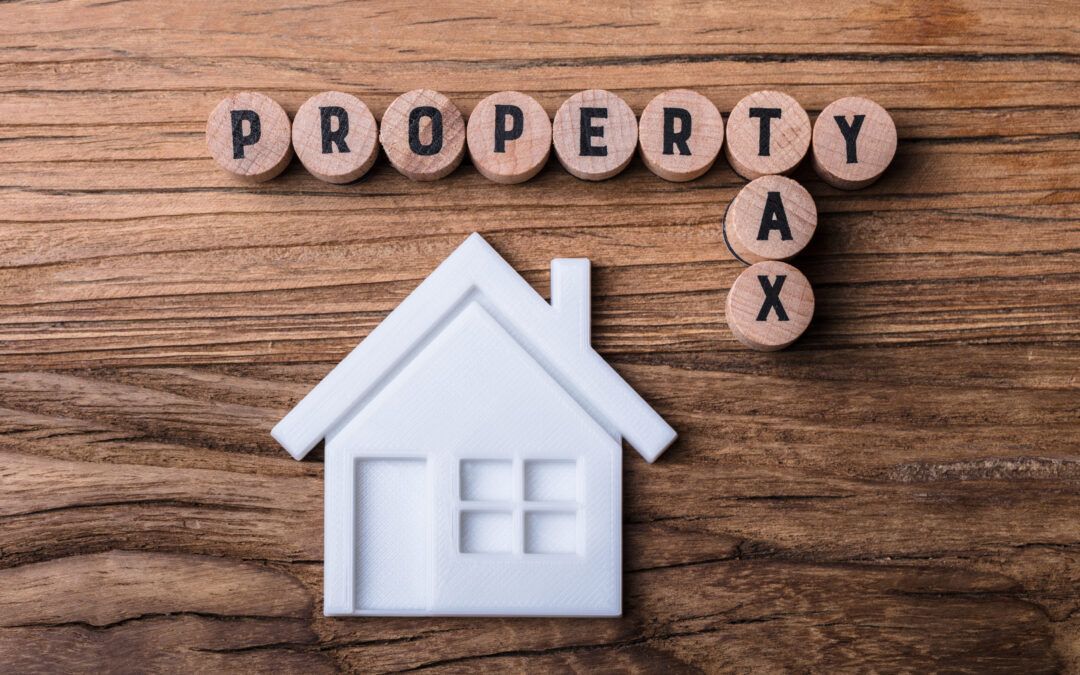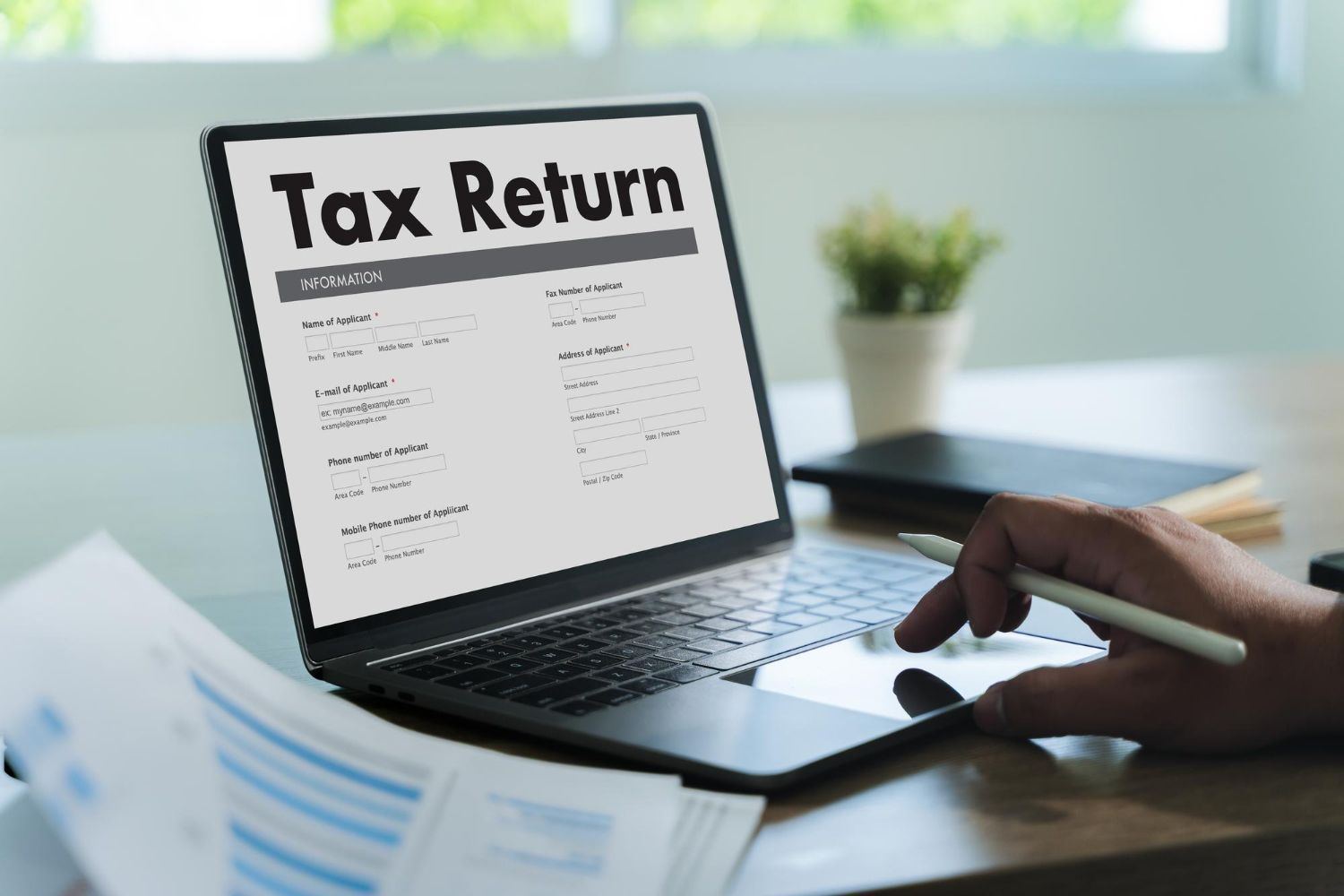Comparing Real Estate and Property Taxes in 2024
Real estate taxes and property taxes are similar, with one being a subcategory of the other. The difference lies in the fact that real estate taxes only apply to land attached to houses, while property taxes are more expansive and cover a wide range of properties, including livestock, vehicles, and farmlands.
The term “property” is broadly defined to include all types of assets, whether tangible or intangible, real or personal, movable or immovable, and interests of any kind. Real estate taxes apply to individual homeowners, while property taxes apply to corporations, companies, and homeowners alike (with some exceptions).
While property tax accounting is essential, real estate bookkeeping is equally important and offers several advantages, such as allowing individuals to track their financial status, make informed investment decisions, and plan for future payments.

Real estate investors’ accounting transactions include:
As a real estate investor, you’ll need to manage several transactions as part of your accounting. These include sending rental invoices to tenants, confirming monthly fees, charging late fees for unpaid rent, recognizing tenant deposits in your balance sheet, paying supplier invoices, making monthly mortgage payments, distributing money towards the interest and principal balance of the loan, paying property tax and Homeowners Association (HOA) fees, reconciling monthly budgets, correctly classifying payments as deductible or capitalized costs, accurately monitoring depreciation accruals in the real estate balance sheet, and reporting equity with precision.
Real Estate Ownership and Taxation in Canada
In Canada, the local government body hires a tax assessor to determine and calculate a fair value price of the owned property. The taxation rate varies depending on the location and level of development of the property. Properties owned in developed areas carry heavier and larger sums of taxes, while properties in lesser developed areas carry a significantly smaller tax charge.
To avoid over-taxation, many firms hire property taxes accountants for businesses that can help reduce the rates of taxable incomes or leverage clauses that would help them save on taxes they may otherwise not know about.
Real estate ownership in Canada can take many forms, including co-ownerships, joint ventures, partnerships, corporations, trusts, and REITs.
Real Estate Ownership and Property Taxes in Canada
In Canada, properties owned for business purposes are subject to different taxes depending on their location and ownership structure. Business owners can hire property tax accountants to help them reduce taxable incomes and leverage clauses that could save them money on taxes.
Different forms of real estate ownership include co-ownerships, joint ventures, partnerships, corporations, trusts, and real estate investment trusts (REITs). Trusts, for instance, are subject to an Alternative Minimum Tax (AMT), which applies to individuals and trusts other than mutual funds of property taxes. AMT can arise when a trust deducts interest and tax benefits to protect rental income or uses non-capital loss transfers resulting from such deductions.
Real estate bookkeeping is crucial for landlords, landowners, or accountants in a firm to track taxes paid and received by the governing body. Digital recording is a secure way to manage finances and make smart investment decisions while avoiding overpayment or underpayment of taxes. Homeowners may also be able to deduct part of their real estate tax when filing tax returns, depending on their home expenses, and a real estate tax accountant can help evaluate this on a case-by-case basis.
What are the components of real estate financial reports?
Real estate financial reports consist of various financial statements at both the asset and portfolio levels, including income statements, net financial statements (including financial assets and capital expenditures), balance sheets, and capital cost statements. These reports are generated from the transactions entered into the accounting system for rental properties. Additionally, these reports can be generated for a specific period, such as monthly, year-end, or the last 12 months, and can play a significant role in rental and bank approvals.
Canadians pay different property taxes depending on the city they live in. Generally, cities like Vancouver and Toronto have high property values and relatively low property taxes, while low-value cities such as Fredericton and Winnipeg have some of the highest tax rates. However, there are significant variations between cities. For instance, homeowners in Toronto pay almost three times the amount of property taxes that Vancouver homeowners pay.
The Importance of Property Tax Accounting for Real Estate Investors in Toronto
Property tax accounting is a crucial aspect for anyone in Toronto who owns movable or immovable property. While it may not be the first thing that comes to mind when investing in real estate, real estate accounting is an essential part of owning and managing rental properties. With proper accounting practices, investors can identify opportunities to increase rental income, cut costs without affecting property value, and more effectively monitor equity.
To post your real estate transactions, you can enter the rent receipt into a bookkeeping system for real estate. The receipt should include the tenant’s name and address, the amount of rent received, the payment method, the rental period, and any remaining balance due, including any late fees.
The post Comparing Real Estate and Property Taxes in 2024 appeared first on DBM Accounting | David B. McKeand Professional Corporation.











